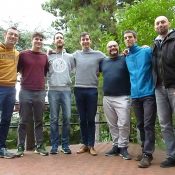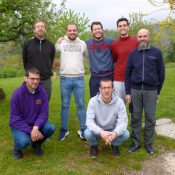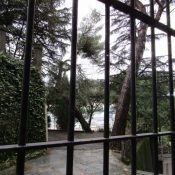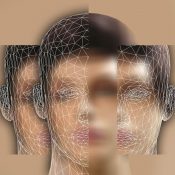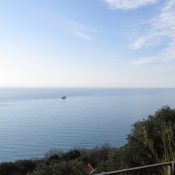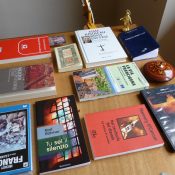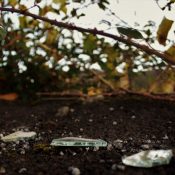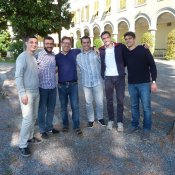Every now and then, since I’ve been in the novitiate, the coadjutor brother who runs the house and therefore one of its most important parts, the kitchen, after breakfast, invites me to clean the artichokes so we can eat them for dinner. He recommends going to the heart! Because that is the part that is good to eat. To get to that part you need to
remove all the outer bracts of the artichoke, which are its leave (https://www.viedellasalute.it/index.php/2019/03/27/carciofo-cynara-conosciamolo-meglio/).
This job eliminates about 70% of the artichoke, and every time I wonder if it makes sense to remove all that hard stuff just to get to the heart! Until I had the opportunity to experience the spiritual exercises of St Ignatius in one of the experiments that are offered to us here in the novitiate during the first year anno and I understood their profound meaning: in order to order our lives and be able to make conscious choices that bring true joy, we need to go to the centre of our hearts and minds and free them from what St Ignatius calls the disordered affections (Spiritual Exercises (ES) no.1).
So during the four weeks of the exercises I experienced moments of prayer and meditation to identify these disordered affections by going to the heart of my life! Like removing all the bracts of the artichoke, the process was sometimes painful and often it was necessary to remove much of my way of thinking and living in order to reach the centre of my heart, and there, to listen to the voice of God and to be able to discover myself as a creature loved by the Lord in order to live my life to ‘praise, reverence and serve God our Lord’ (ES) No. 23).
The Lord has given me the grace, during these days, to be with Him, to contemplate Him loving His ways, His compassion, His friendships and to understand how He speaks to my heart. During the exercises I also felt desolate in front of some passages that were proposed to me, I discovered that my love is insufficient to love Him as I would like. It was not easy to discover that I was limited, but His hand was always there to make me feel loved by Him, and this was enough to lift me up. For the first time, my limitation was useful in understanding my relationship with Him better. As St Paul wrote in his second letter to the Corinthians: My grace is sufficient for you, for strength is fully manifested in weakness" (2 Cor 12:9). His grace is sufficient.
Now I understand why it is necessary to remove all the bracts from the artichoke: so that I can fully taste
and feel His goodness!






